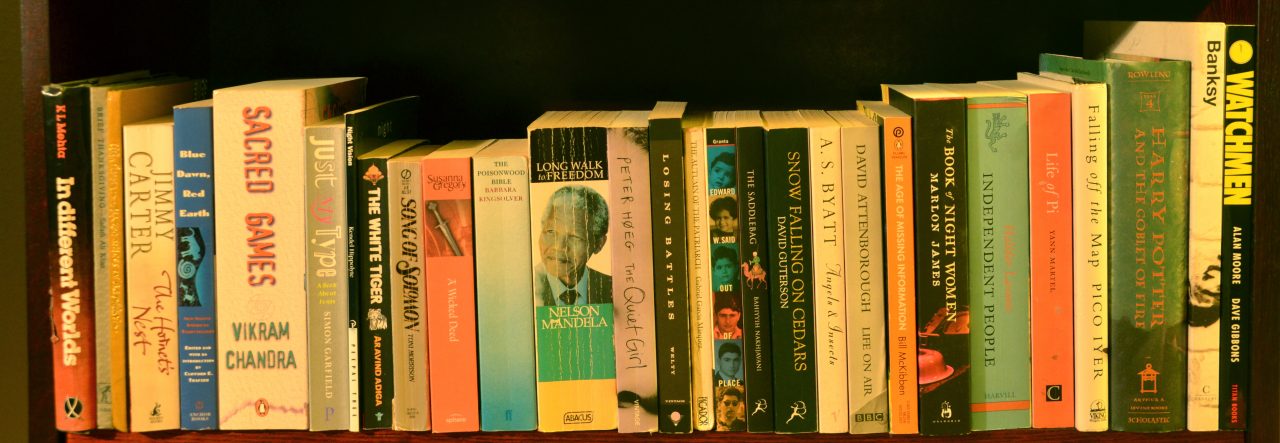Published by Hutchinson / Arrow, 2016, 400 pages.

Electing the successor to St. Peter—a man who will be the leader of the Catholic Church, the head of the Vatican and one of the most powerful spiritual leaders in the world—is carried out in strict secrecy. This secrecy and the political intrigues that go on behind the scenes make it a perfect subject for a novel. Although I have read novels about popes—for example, Morris West’s The Shoes of the Fisherman and Frederick Rolfe’s Hadrian the Seventh—this is the first one I’ve come across that focuses on the election itself.
And it is fascinating. The book begins with the death of the Pope. The central character is Cardinal Lomeli, the Dean of the College of Cardinals, who has to lead the papal conclave that will elect the new pope. He has been having doubts about his faith, which led to a coldness between him and the recently deceased pope (who resembles the current one, although Robert Harris denies any connection between the two).
Some of the frontrunners are the Secretary of State, Italian Aldo Bellini (Lomeli’s choice); Cardinal Major Penitentiary (confessor-in-chief), Nigerian Joshua Adeyemi; the Camerlengo (Chamberlain), Canadian Joseph Tremblay; and Patriarch of Venice, Italian Goffredo Tedesco. Will the conclave elect the first black pope or will the Italians ensure it is one of their countrymen?
The 108 cardinals who form the conclave are sequestered, forbidden contact with the outside world and from discussing the election within the hearing of any outsiders. Those in the running fall into two rough camps: those who would continue the reforms of the late pope and those who would take the church back into the past, such as Cardinal Tedesco, a vocal critic of the former Pope. Cliques form and shift, and there are those will stop at nothing to discredit their rivals.
Lomeli has to make sure the process and the frontrunners are free from any hint of impropriety or scandal. But this isn’t easy—a woman visits one of the candidates in his room, and another is said to have been dismissed from all his duties by the Pope before he died. And who is the unexpected 108th cardinal whom no one knew about, the man the Pope had made a cardinal in pectore, in secret?
Harris adds a couple of dramatic twists but he doesn’t really need to do much else. The drama is inherent in the way the conclave plays out. He captures the political manoeuvring, and the intrigue and ambition that result from a mix of politics and religion. The book is an easy read, in spite of a lot of detail about the Vatican, which I personally found interesting.
I heard Harris being interviewed on Penguin Podcasts (I would recommend the series to readers), and he said that the Vatican had given him access to both information and the buildings. That is probably why the book feels like an insider’s account. Although I’m not sure what the Vatican would make of the twist in the tale!
